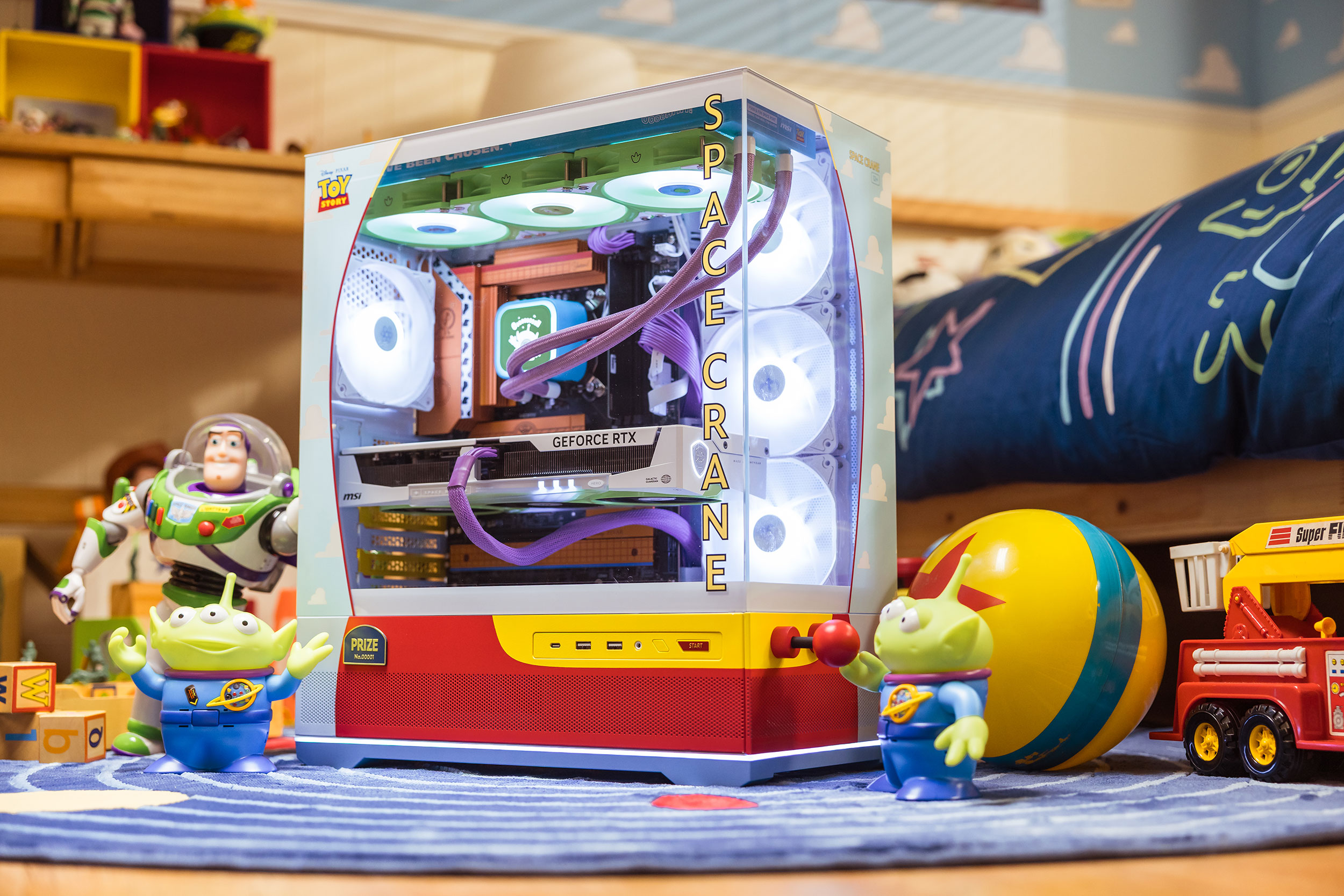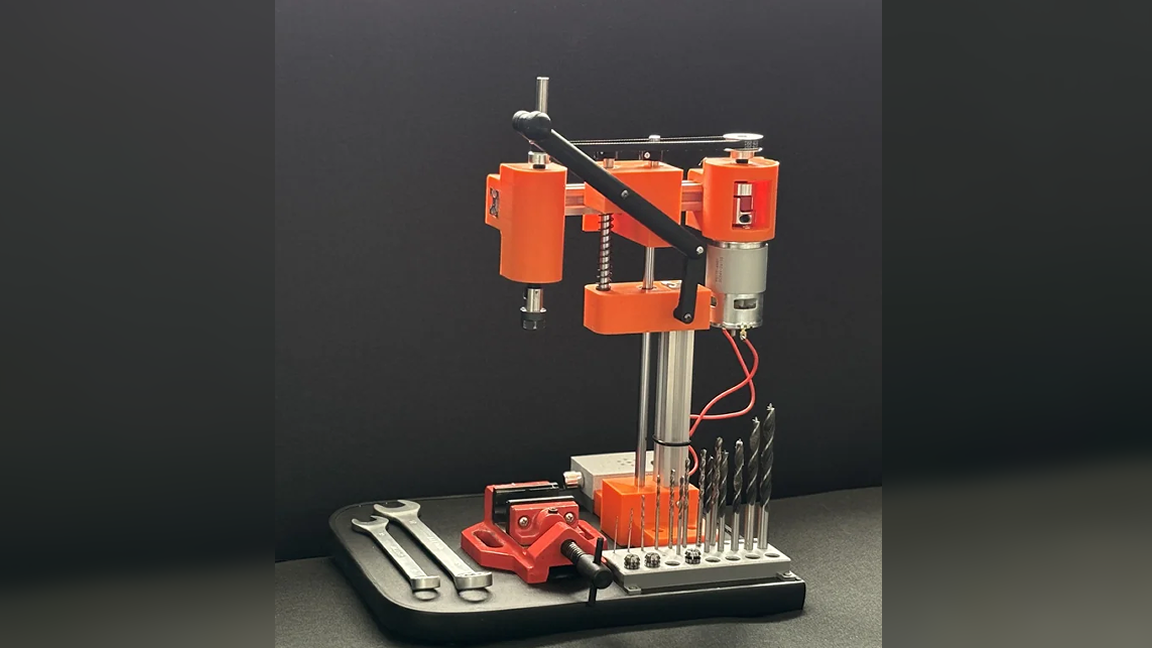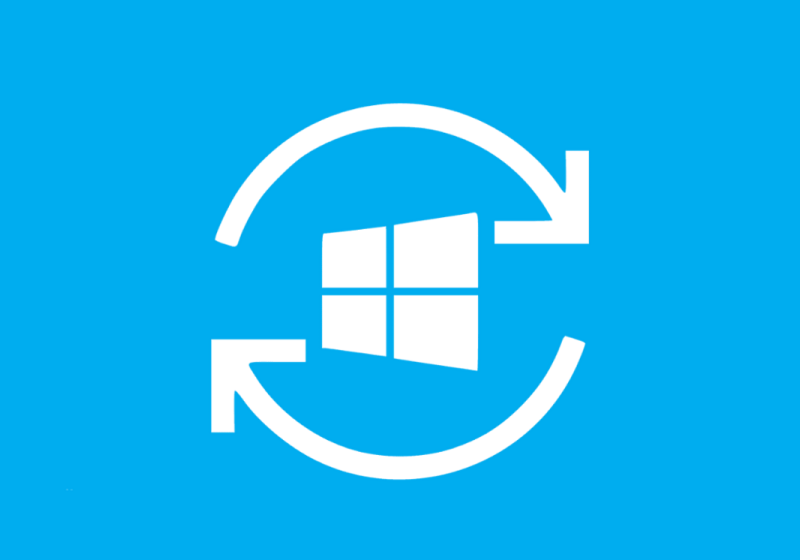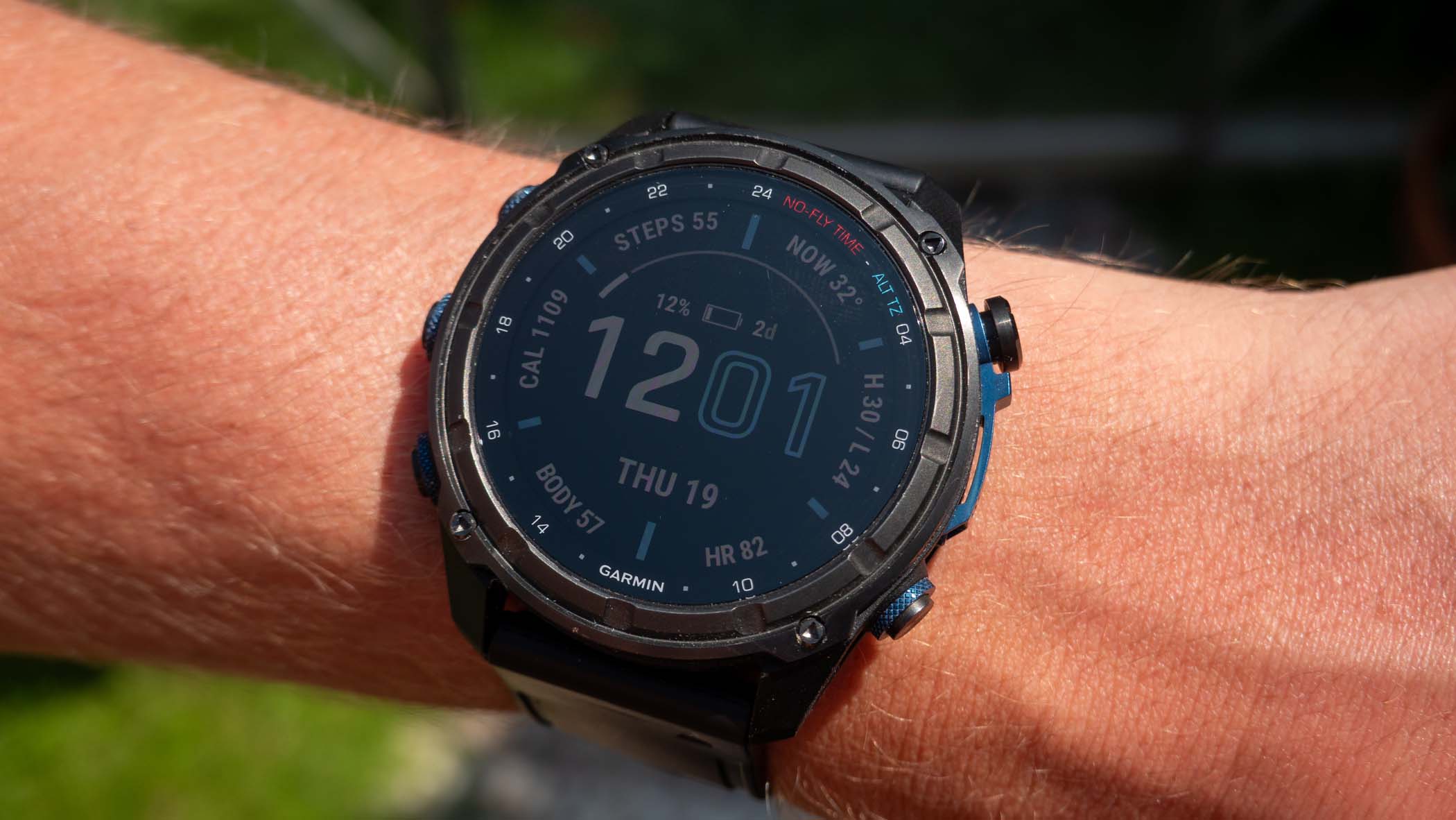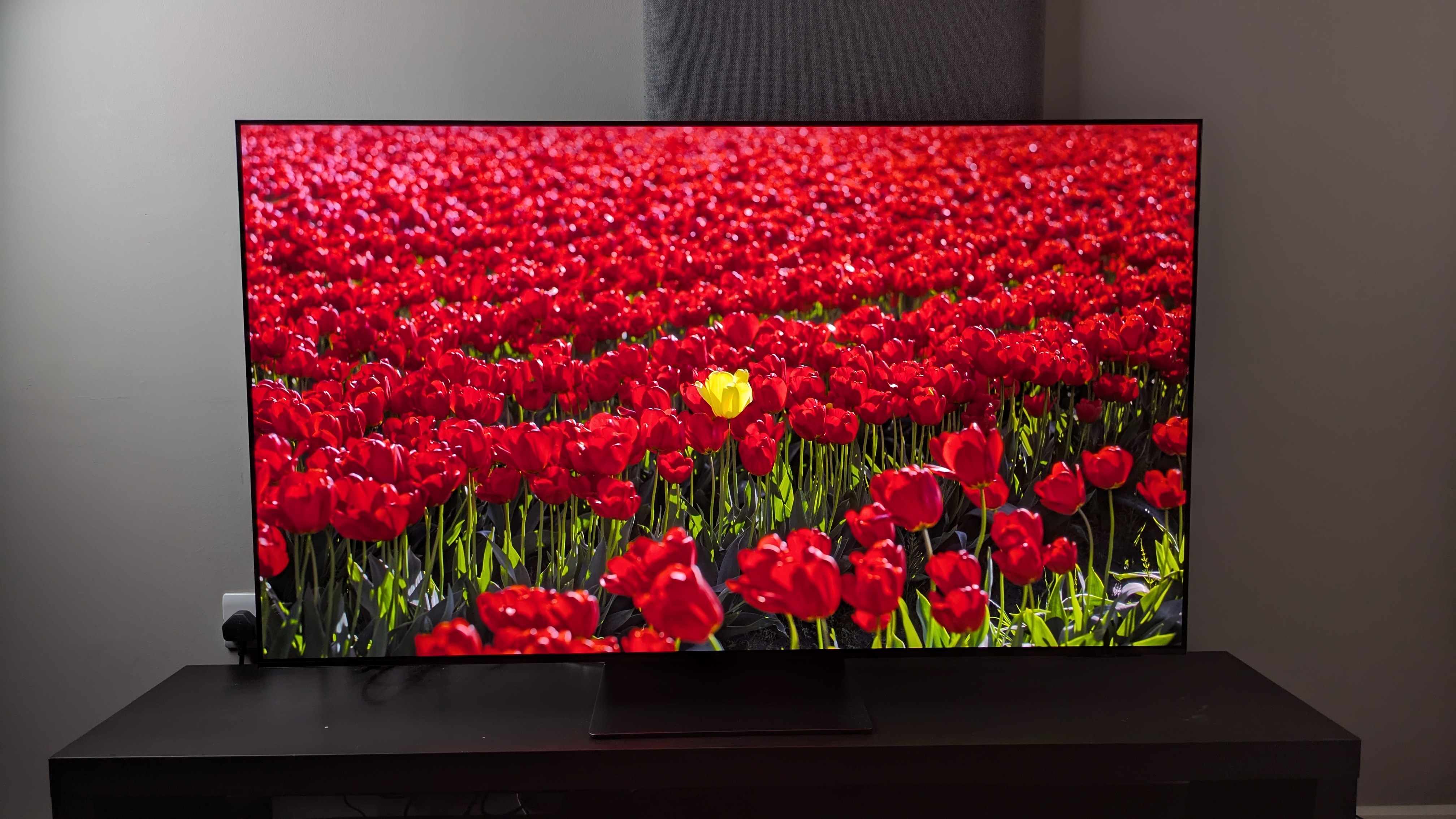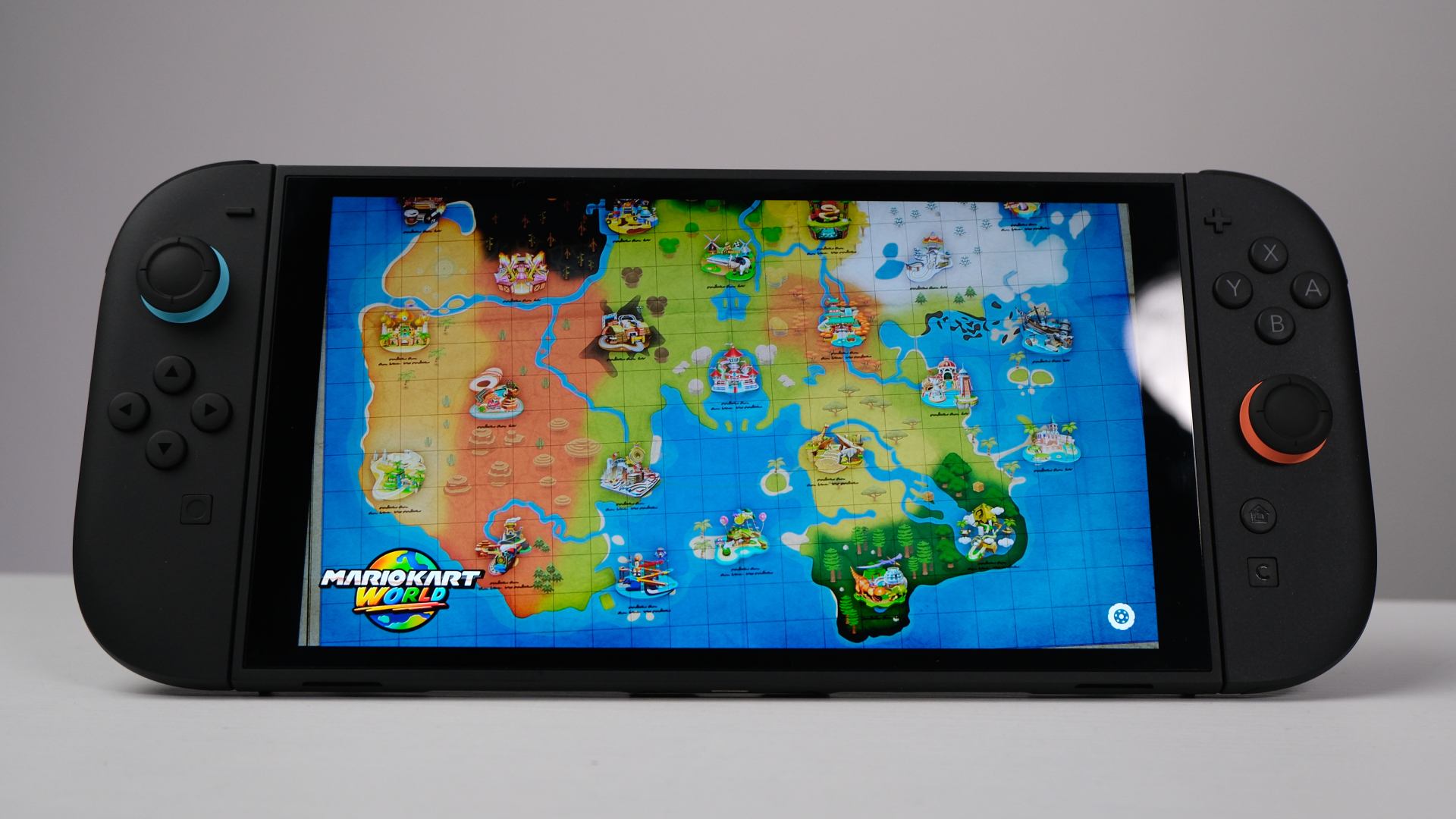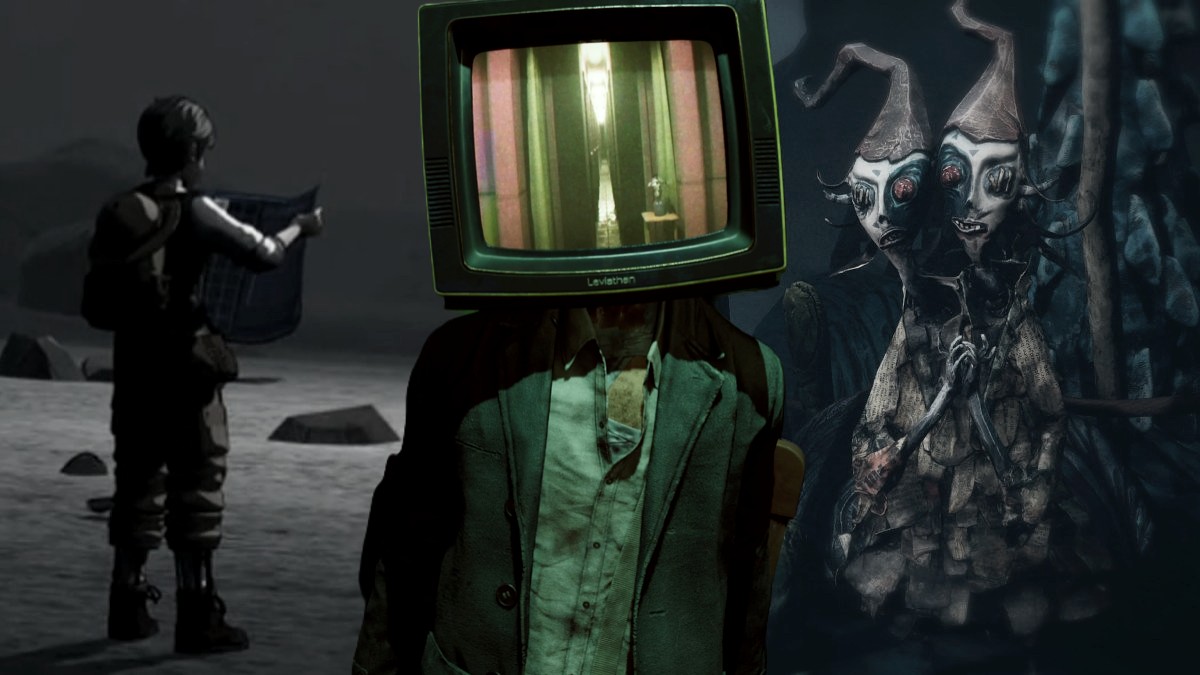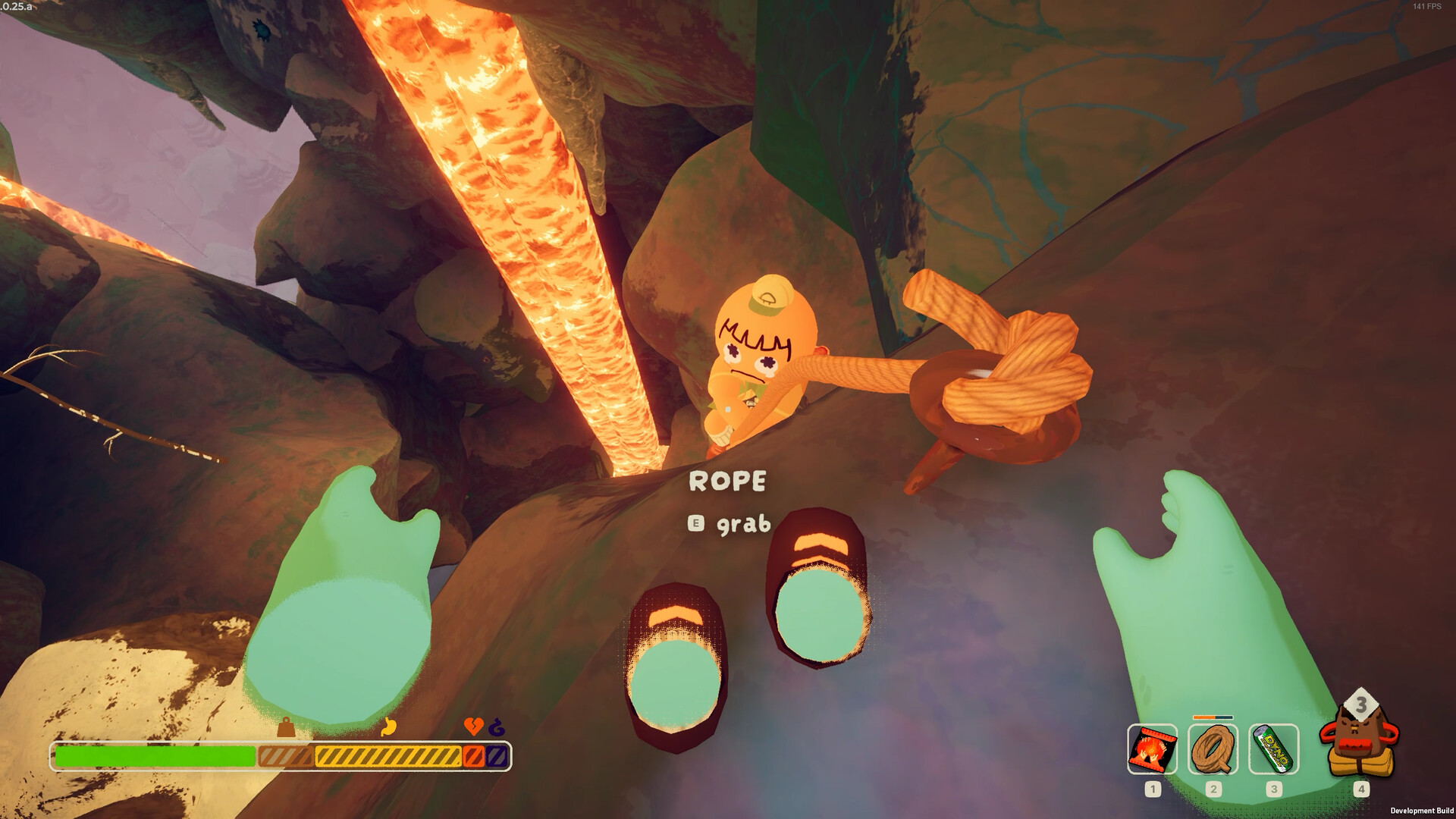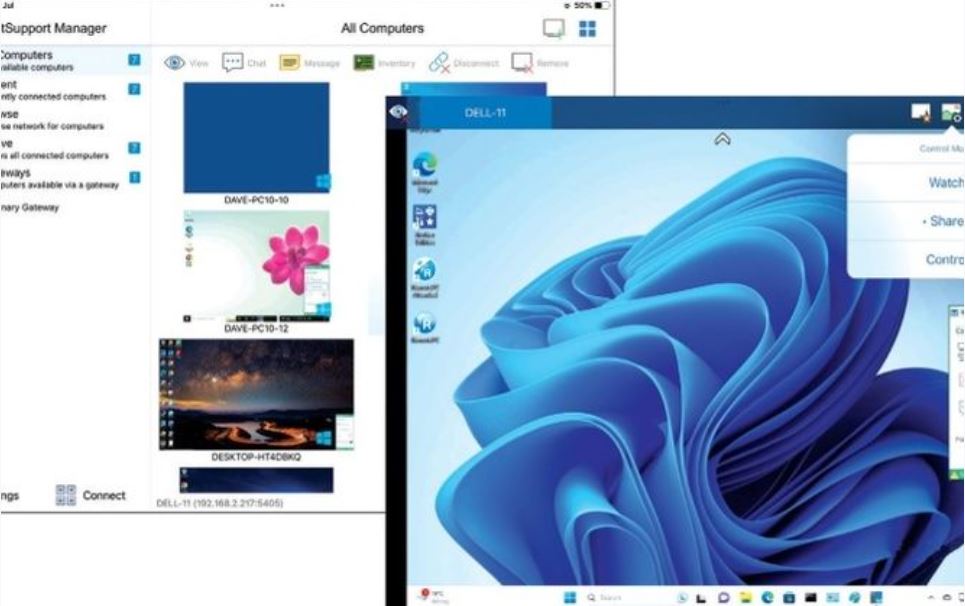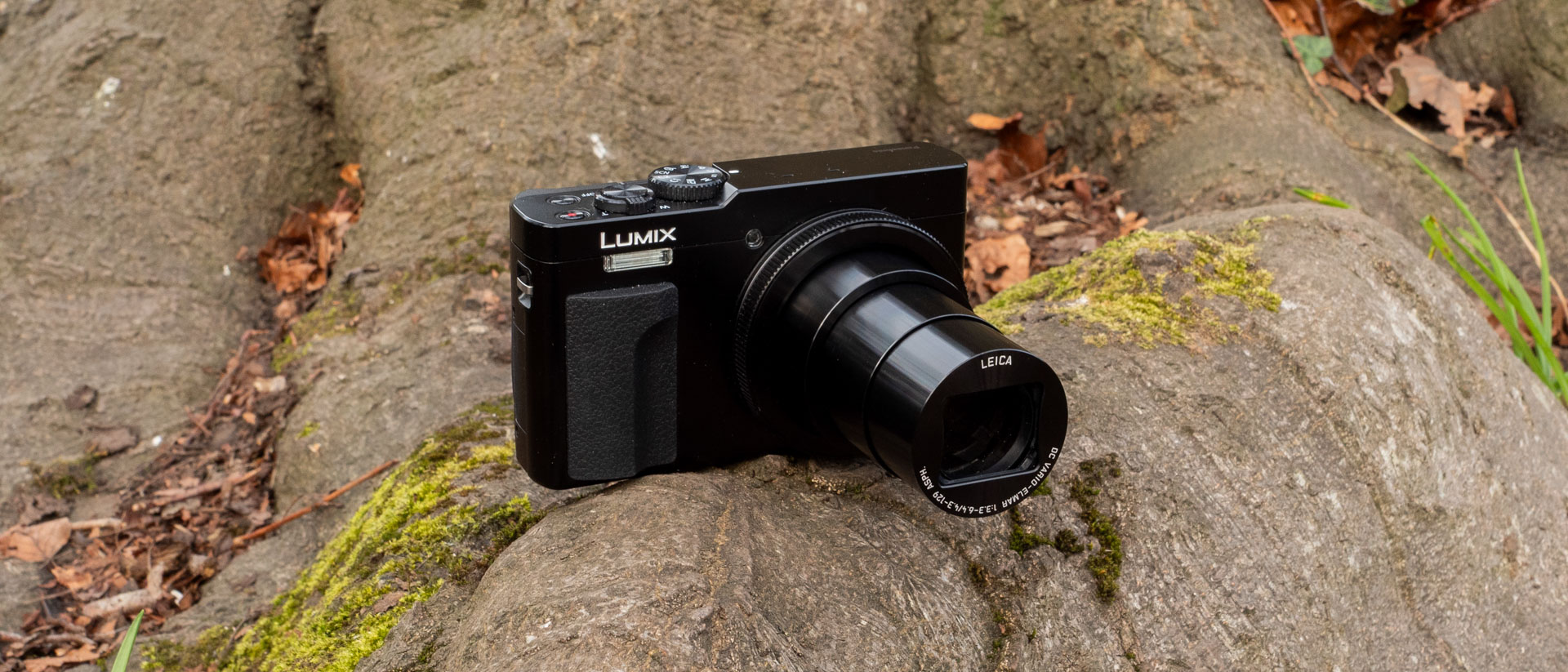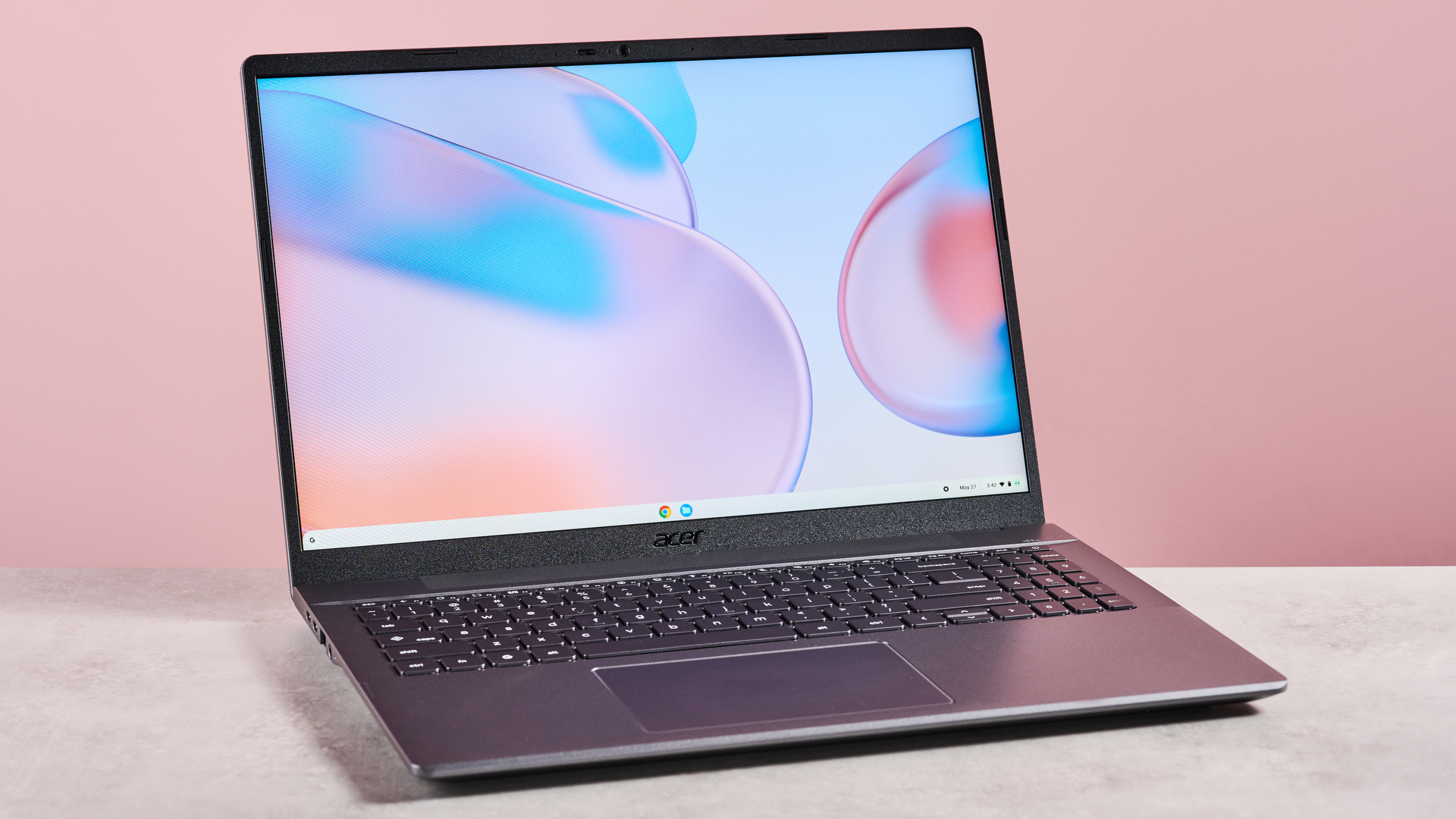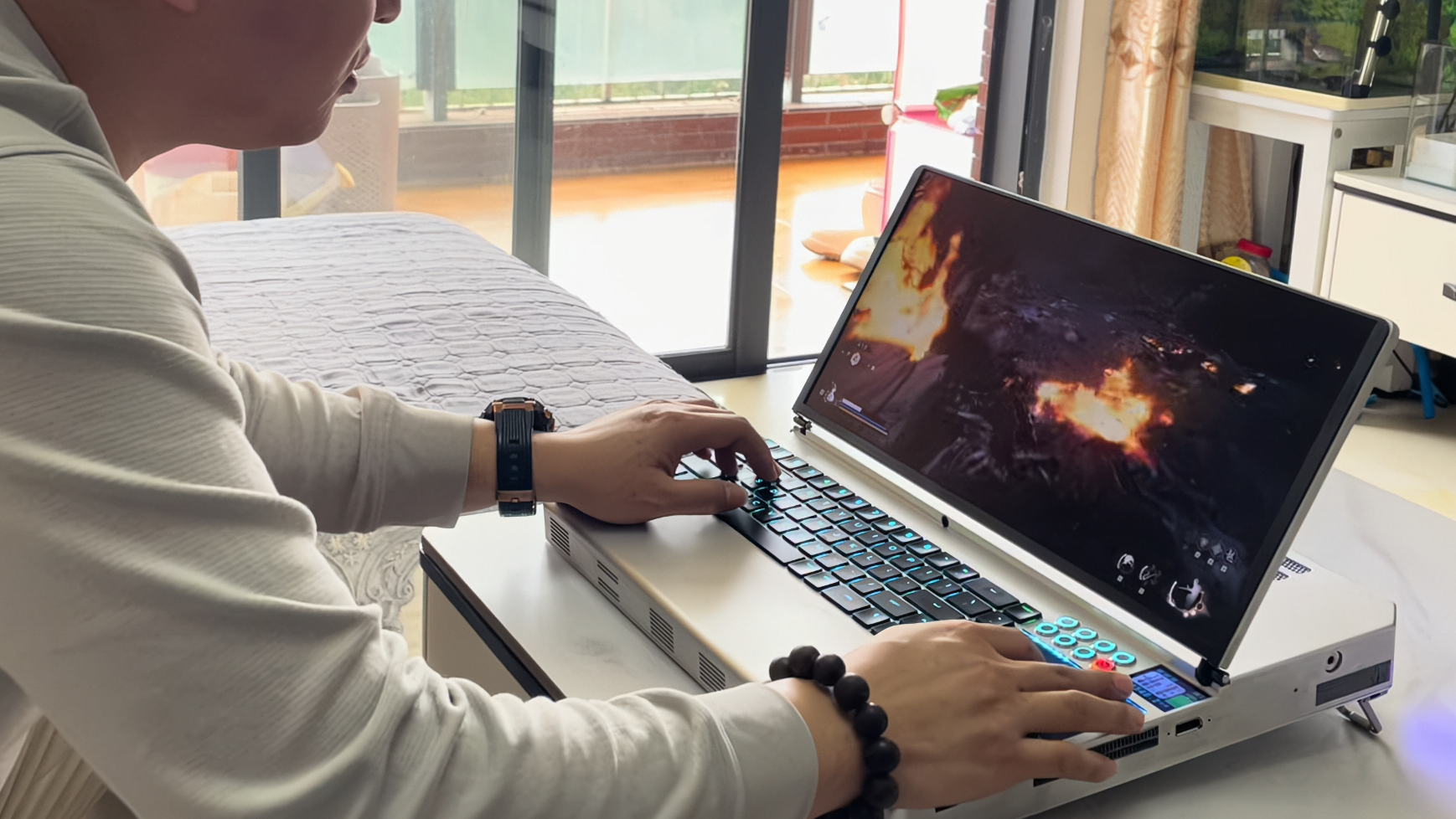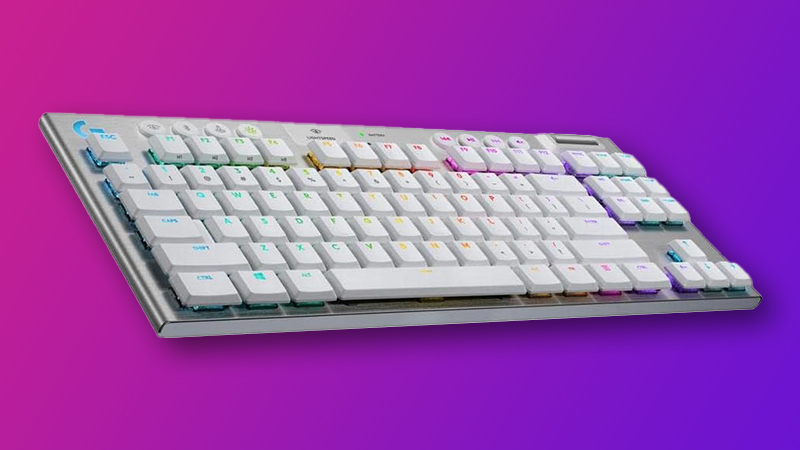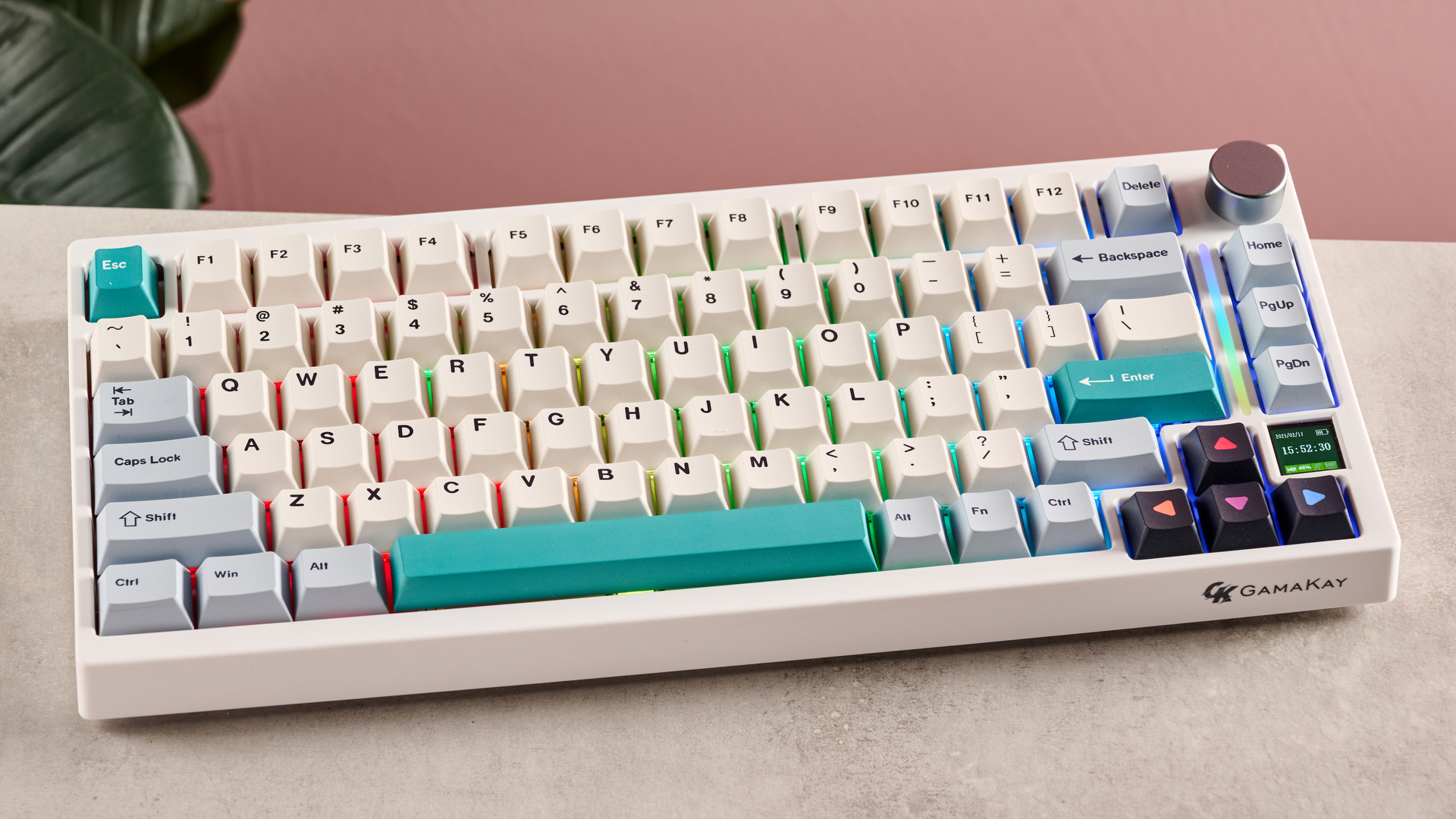The Elder Scrolls 4: Oblivion Remastered is so good that it has me hoping for yet another version of Skyrim
The Elder Scrolls 4: Oblivion Remastered sets a new standard for revisiting older games.
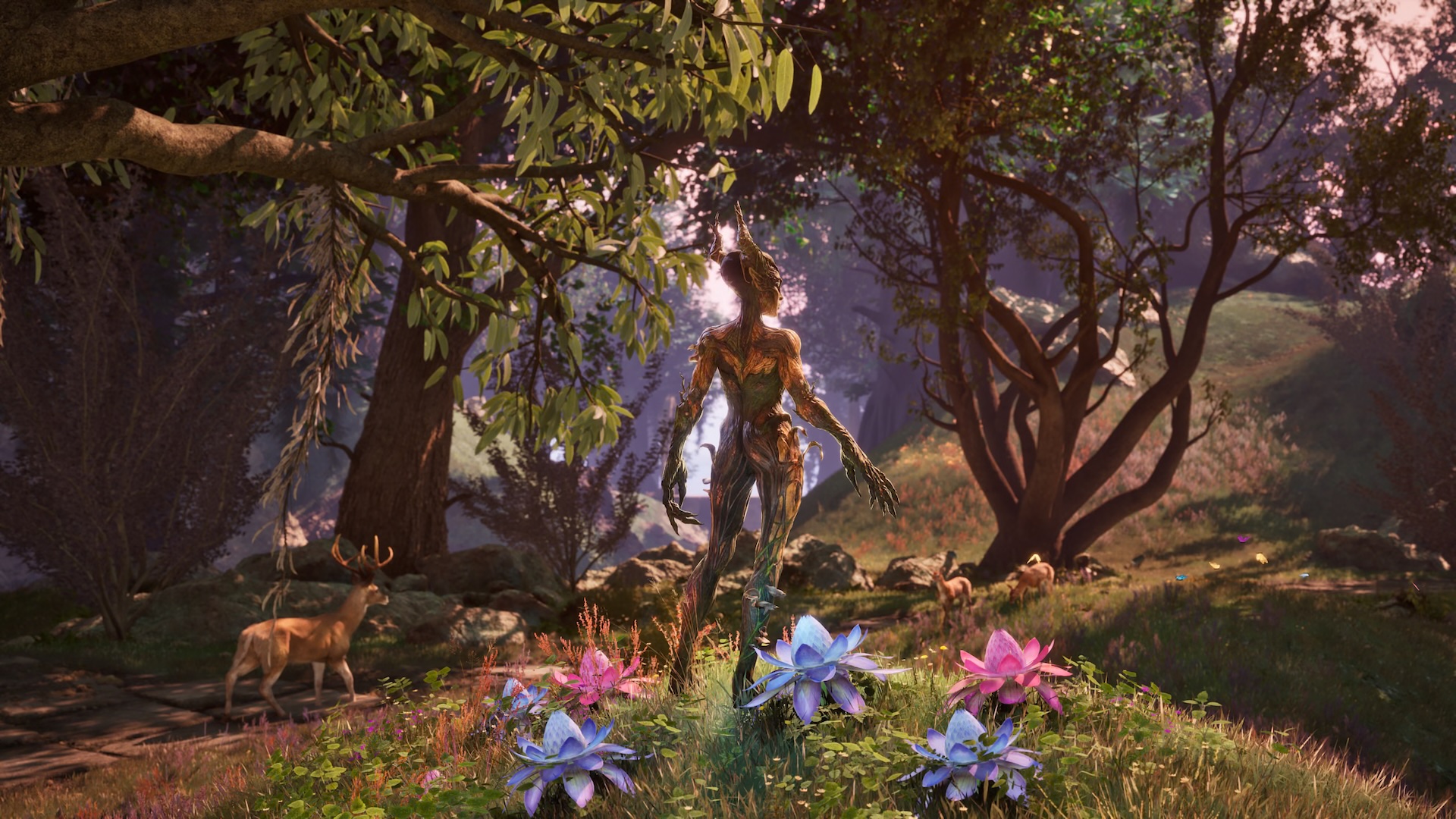
For years now, I’ve heard many The Elder Scrolls fans proclaim that Oblivion is a better game than Skyrim. After nearly 80 hours spent exploring the diverse and fantastical land of Cyrodiil in The Elder Scrolls 4: Oblivion Remastered, I couldn’t agree more.
I’m floored by how well the core of Oblivion holds up almost 20 years after its release. This is a beautifully crafted RPG game with a true heart of gold, a wicked sense of humor, and a deceptively deep well of things to do and places to explore. Despite its name, Oblivion Remastered is closer to a full remake, with smart updates while keeping the core untouched. It’s just about perfectly executed, if just a touch too careful in its approach to modernizing certain systems.
I missed The Elder Scrolls 4: Oblivion the first time around, having jumped aboard the Bethesda RPG train with Fallout 3 and then sinking my teeth into Skyrim around the time I should have been studying to get into University.
In the years since, I’ve learned to understand Oblivion’s reputation as a classic, but one that’s been made somewhat irrelevant by the juggernaut success of it’s sequel. Pair that thinking with my lack of interest in diving into RPGs of a certain age, especially ones as notoriously buggy as Bethesda’s, and it’s really no wonder I’d largely written Oblivion off until now.
Platform reviewed: PS5 Pro
Available on: Xbox Series X, Xbox Series S, PC, PS5
Release date: April 22, 2025
With Oblivion Remastered being perhaps the worst kept secret in gaming ever, I can’t say I was excited at the idea of a remaster of a 2006 fantasy RPG. Slap the word remaster onto a project, and I think we’ve all learned what to expect. A higher resolution, all of the DLC tied up into one neat package, maybe some re-recorded VO for good measure. Great for fans of the original, fairly unexciting for those that never played it.
But Oblivion Remastered isn’t what you would expect. This isn’t a simple facelift, it’s a meticulously crafted reconstruction, meshing old and new in ways that I don’t think we’ve really seen up to this point.
The visual upgrades are stunning, additional voice lines add new depth to character class choices, and combat is now just the right mix of Skyrim jank and contemporary action. This is the upgrade Oblivion always deserved, giving it the chance to finally step out of Skyrim’s shadow.
That old Bethesda charm
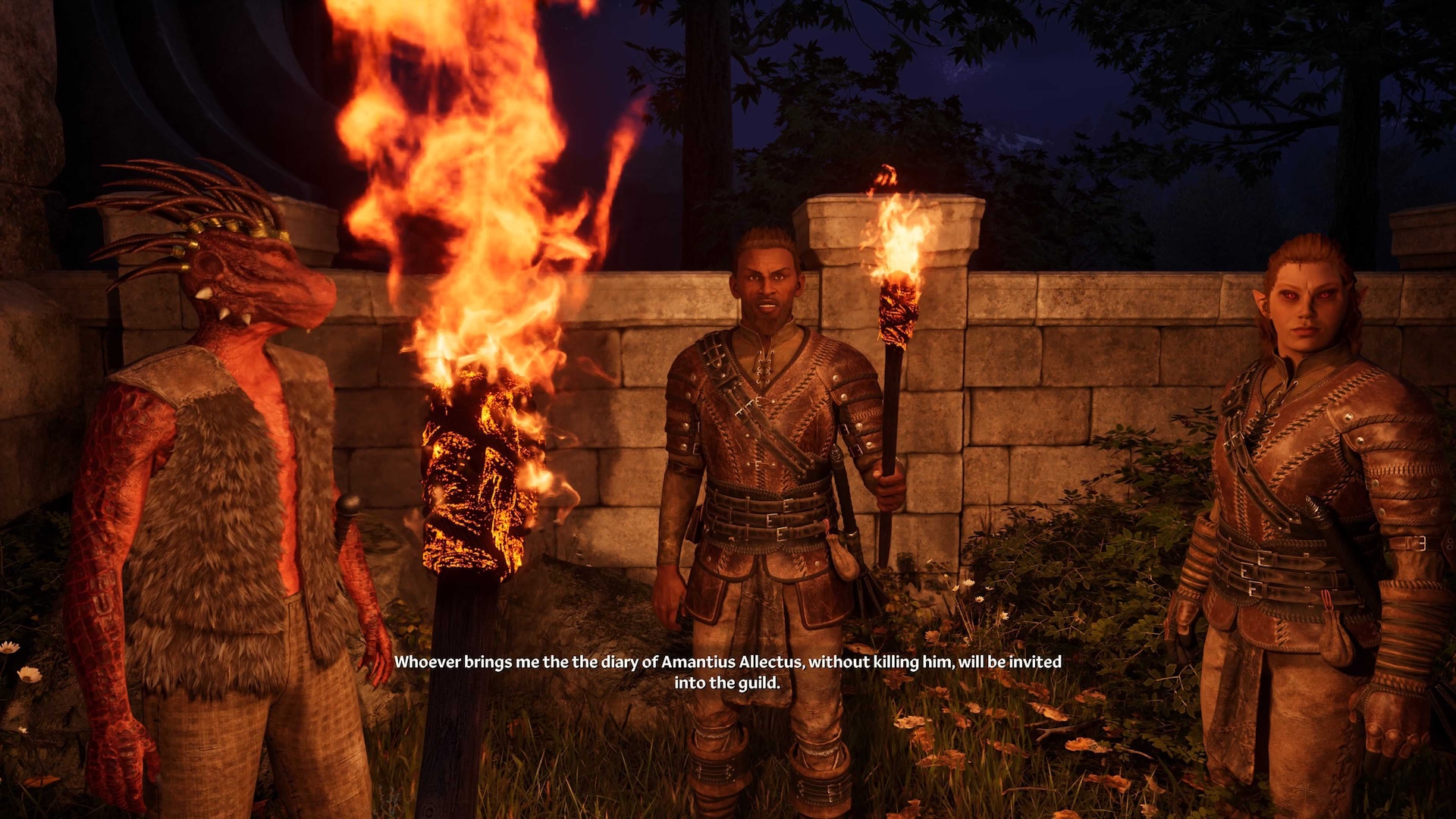
Whatever your opinions are on Starfield, Fallout 76, and Fallout 4, Bethesda’s modern RPGs are undeniably a bit of a mixed bag, with wildly different approaches to open-world design when compared to The Elder Scrolls series.
Still, I’ve found myself liking something about each, after digging deep to find the parts that prove the studio’s pedigree is well-earned, and ongoing. Oblivion might well be where Bethesda’s unique brand of game design is best showcased.
There are bugs and jank, oh the jank, but it’s all completely outweighed by excellent writing, an almost impossibly detailed world, and RPG systems that reward you for actually roleplaying. You can be a thief, an assassin, a mage. You can specialize in alchemy, go out into the world and clear fortresses for loot, and even run Guilds as the big boss in charge.
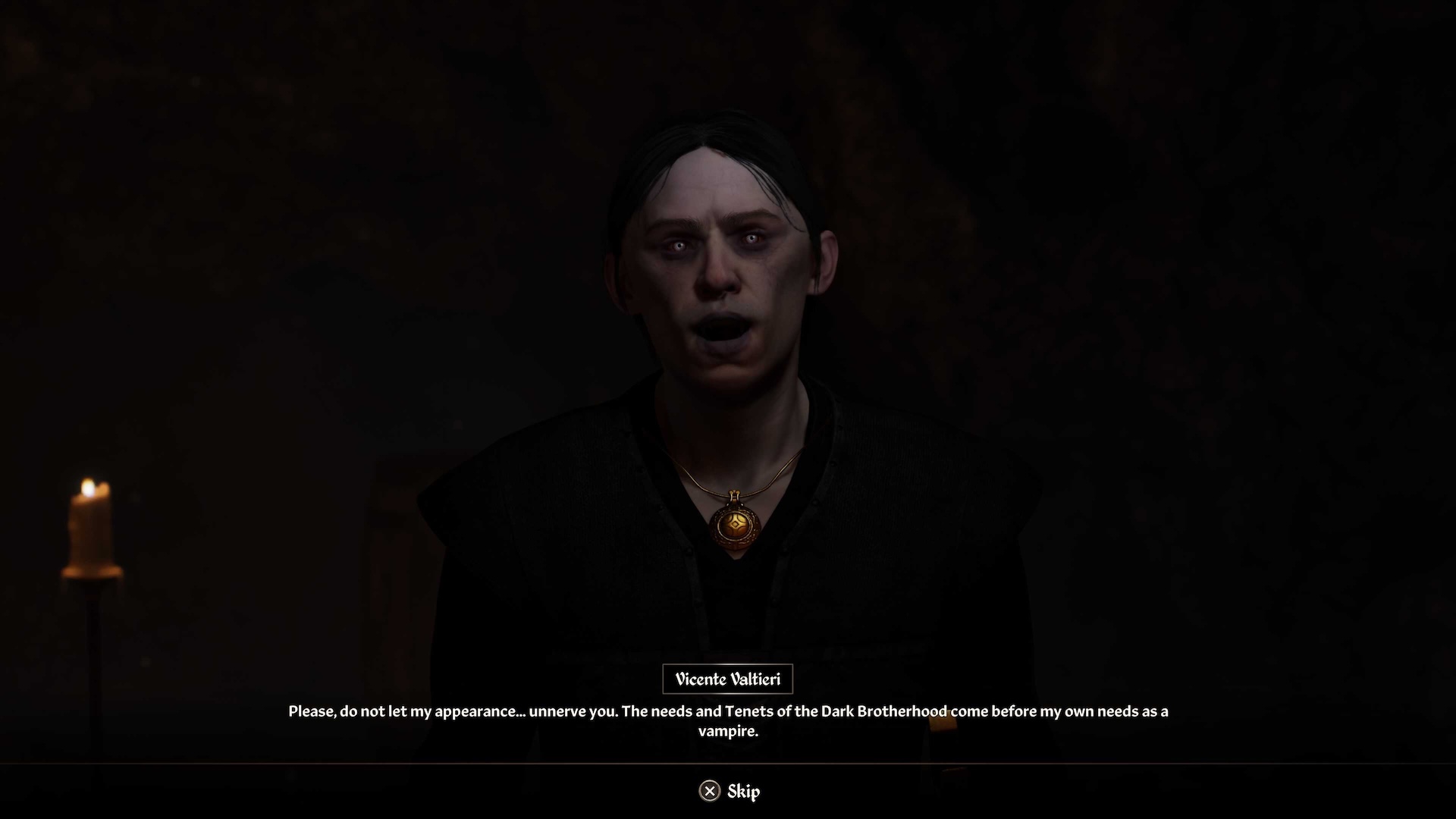
The Dark Brotherhood questline in Oblivion Remastered is perhaps my favourite from all the Bethesda RPGs I’ve played. It rewards you for completing assassinations in specific ways, more akin to something found in Hitman rather than a fantasy RPG. Every single member of the Brotherhood is a standout, from the pale, vampiric leader Vicente Valtieri (who, in my playthrough, would sometimes appear completely bald due to what I’m assuming to be a glitch), to the obnoxious Khajiit sorcerer M'raaj-Dar. There’s a murder-filled escape room quest too that’s one of the best side quests I’ve ever played.
NPCs talk over each other, camera angles switch wildly in conversation, and picking up the wrong item can send the game into a hard crash, but it’s worth the trade off for moments that only Bethesda games can offer. Moments where you walk into a tavern and witness an argument that you have to intervene in, and before you know it you’re helping a man fake his own death to avoid paying his debts.
Moments like accidentally discovering a vampire lair and contracting Vampirism, which then must be cured if you’re ever to travel during daylight hours again. I can count the memorable quests and moments from the last few Bethesda RPGs I’ve played on one hand, but have no doubt that there’ll be twenty plus that’ll stay with me from my first Oblivion playthrough.
Best of both worlds
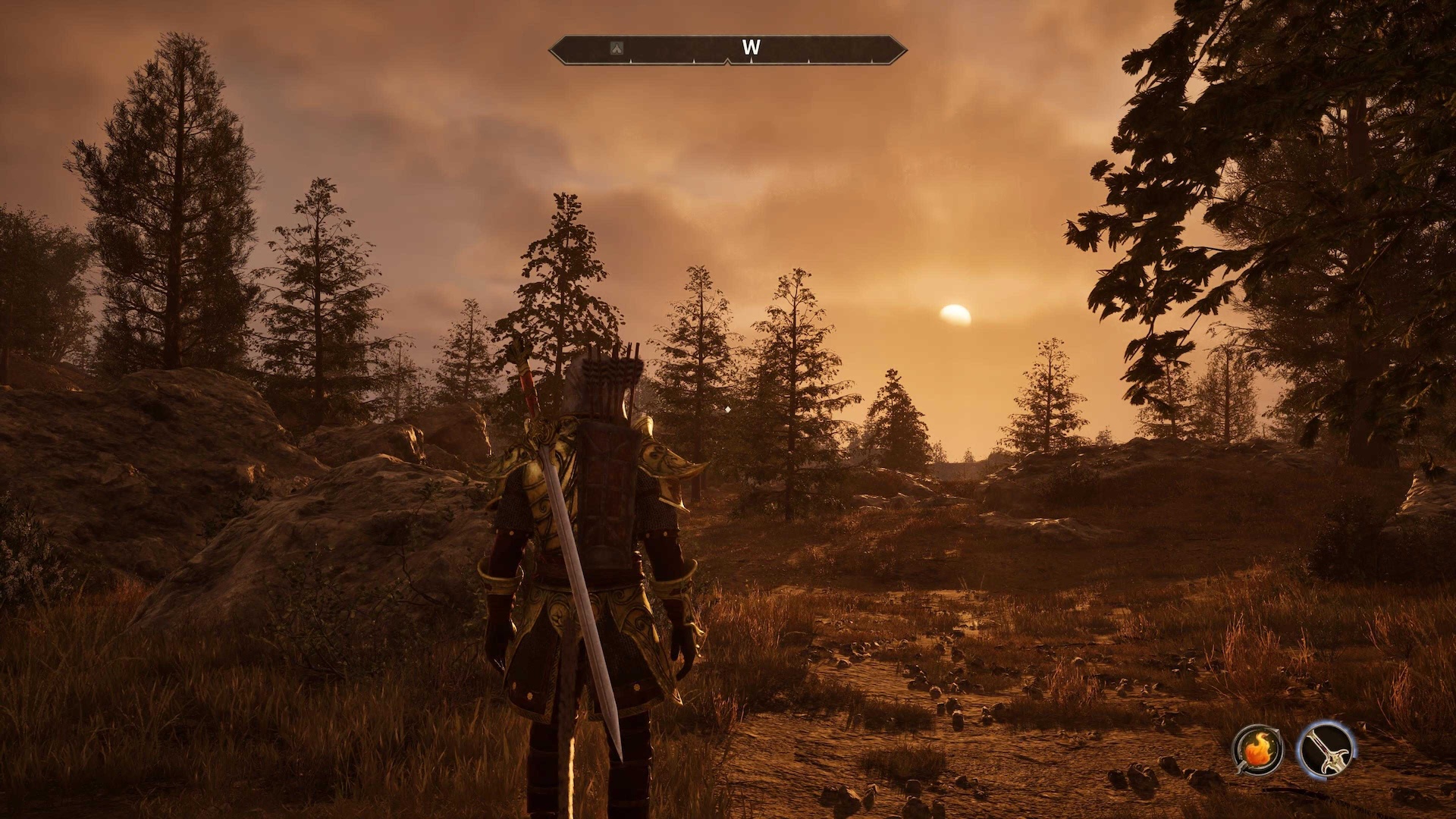
I’ve mentioned that Oblivion Remastered sits somewhere between a traditional remaster and a remake, but what does that mean exactly?
Well, in many ways, the team at Virtuous have Skyrim-ified Oblivion, bringing systems like levelling and player physics more in line with that of The Elder Scrolls 5. You now level up both major and minor skills just by doing that particular skill - e.g. improve lockpicking by picking more locks, get better at persuasion by attempting to persuade NPCs.
It’s a simple but elegant solution that helps remove some of the barriers that previously punished players for behaving out-of-character. You’re constantly improving your build as you go, whether that’s by sprinting between cities, or blocking attacks with a shield. These are very minor changes to the original formula, but offer a big enough quality of life improvement to make Oblivion feel like a game from 2016 (and a forward-thinking one at that), not 2006.
Then there’s the graphics, and oh boy, does Oblivion: Remastered look fantastic. By switching over to Unreal Engine 5, the developers have applied all new lighting tech. At night, this means moonlight dances across the surface of lakes, adding depth and vibrancy to even the darkest of settings. Wall-mounted torches flicker and cast shadows, filling cold sewer tunnels and deep subterranean caves with dynamic oases of light.
The game’s brilliant environmental design is left to provide the backbone here, but high-tech extras have been layered atop to accentuate and compliment, rather than remake completely.
You can tell Oblivion Remastered is a new version of an old game, absolutely, but it also gives some contemporary open world RPGs a run for their money in terms of presentation, art direction and atmospheric effects. It’s a strange mix - part old, part new, part something else entirely - but it works.
Moving forward, Oblivion Remastered should be a reference point for how to update an old game for new audiences, while keeping the magic of the original intact.
"Oblivion Remastered should be a reference point for how to update an old game for new audiences, while keeping the magic of the original intact."
As someone who had only played the latest instalment of The Elder Scrolls series until now, I’m impressed to find that Magic plays a deeper, more complex role in Oblivion. Mage builds are not only more viable, but easier to put together thanks to the superior Guild quests found in major cities. You can cast spells with your weapons out, and Conjuration can be used to truly kit yourself out as a versatile battlemage.
Like many players, I’ve tended to slip into a stealth archer build when playing these sorts of games, but in Oblivion I’m being constantly rewarded for experimenting with play-styles, and sampling from all aspects of the game’s build-mechanics. In general, this all feels more in-line with my experience with Dungeons & Dragons, in that regardless of the situation I’m in, there’s probably a stat change, an enchantment, a spell or consumable that can help me tip the scales in my favor.
There’s certainly room to roleplay if you want to stick to one defined path and character, but for those looking for more of a comprehensive experience of the game, there’s very little punishment for trying out something new.
Almost too faithful?
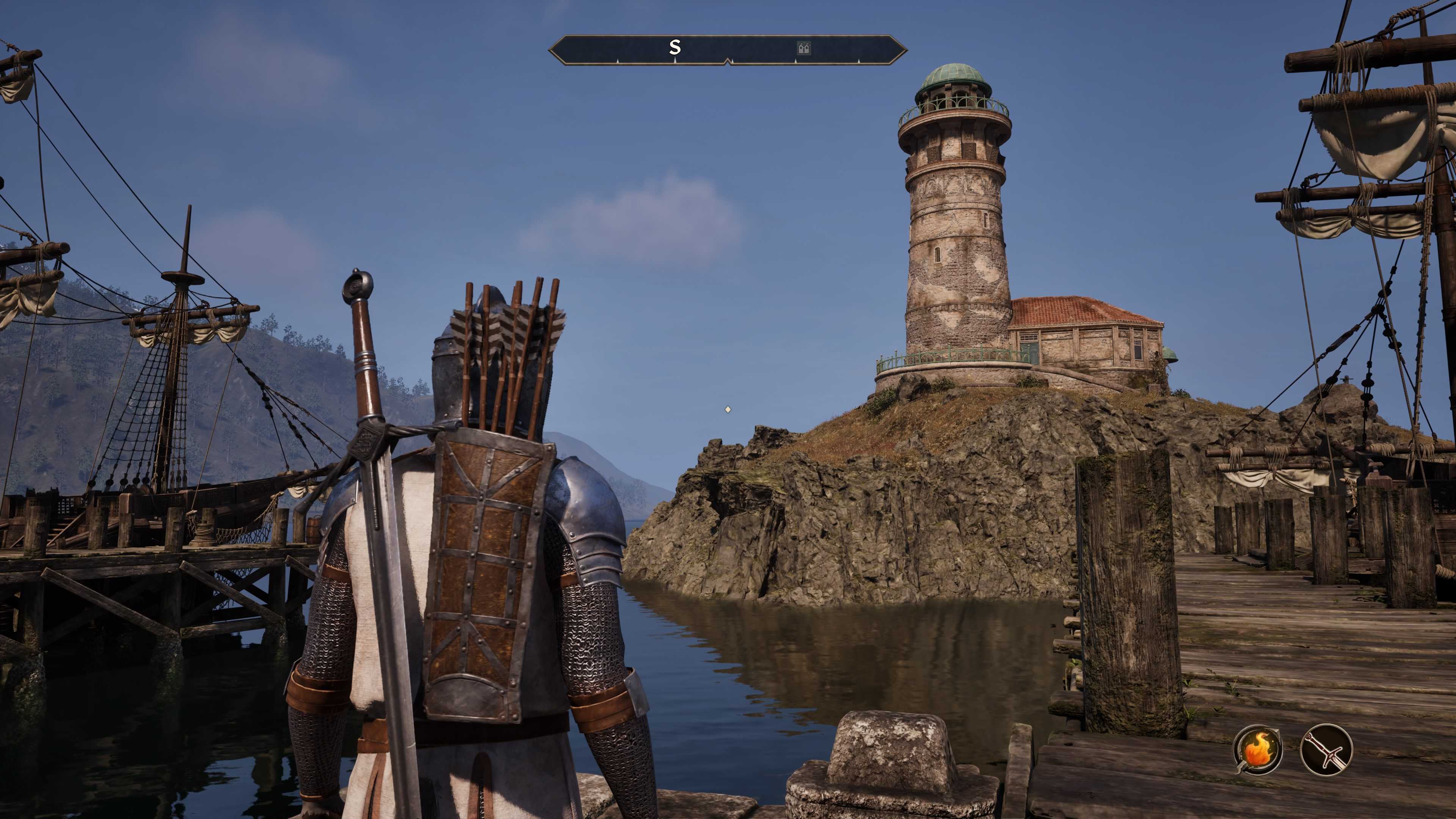
Remastering a game like Oblivion is no easy task, given that the original’s inherent bugginess and unpredictability are big reasons as to why players still bring it up to this day.
The memes are ancient at this point, the slightly wonky line deliveries and erratic camera snaps now heavily ingrained in internet culture. To remake Oblivion completely would be to snuff out its originality and heart, but just how faithful can you be before you simply offer up what amounts to the same game just on newer platforms? Well, Oblivion Remastered is just about as close as I think it’s possible to get to while walking this particularly precarious tightrope.
As a modern way to play a historically significant game, this is perfect for new players, preserving the spirit of the original while making it as pain-free as possible to experience. The developer has definitely erred on the side of caution with Oblivion Remastered, choosing to leave things the way they were back in 2006 instead of switching them out for elements that would probably be better to play in 2025.
This devotion to the source material, while admirable and ultimately the right call, does lead to a few downsides. The difficulty settings are all over the place, not quite managing to bridge the gap between simplified levelling systems and the newly updated combat mechanics.
I was constantly switching between two settings, finding one too easy and the other tough as nails. There’s also stability issues, where the new atmospheric effects and lighting slow things down in the open world. Whether these are new issues, or remnants of ancient bugs, I don’t know. But really, it’s disheartening to run into so many inconsistencies in what is an otherwise beautiful game.
Throughout my 80 or so hours of play time, I’ve actually run into fewer bugs than I’ve come to expect from a Bethesda RPG. That’s not to say it’s been smooth sailing, with strange visual glitches, quest-halting bugs, and straight hard-crashes being semi-frequent.
What’s really disappointing is that after looking up fixes for the issues I was experiencing, I found that they were predominantly issues that were rampant in the original version. This is unfortunately a consequence of choosing to remaster rather than remake, likely unavoidable with the level of care put into preserving the original’s more charming blemishes.
Still, I’d rather deal with twenty year old bugs than play a sterilized, over-polished remake that’s missing what fans loved about Oblivion the first time around.
On the whole, Oblivion Remastered is a triumph. A carefully considered love-letter to a game that’s been somewhat overshadowed in the years since its successor’s launch. By skating the line between remaster and remake, Bethesda and Virtuos manage to offer up a worthy modernization that finally gives more players the chance to weigh Oblivion up as the best game in The Elder Scrolls series.
It’s so good in fact, and I can’t believe I’m about to say this, but perhaps just one more version of Skyrim wouldn’t be so bad? Okay, maybe we should settle for Morrowind first.
Should I play The Elder Scrolls 4: Oblivion Remastered?
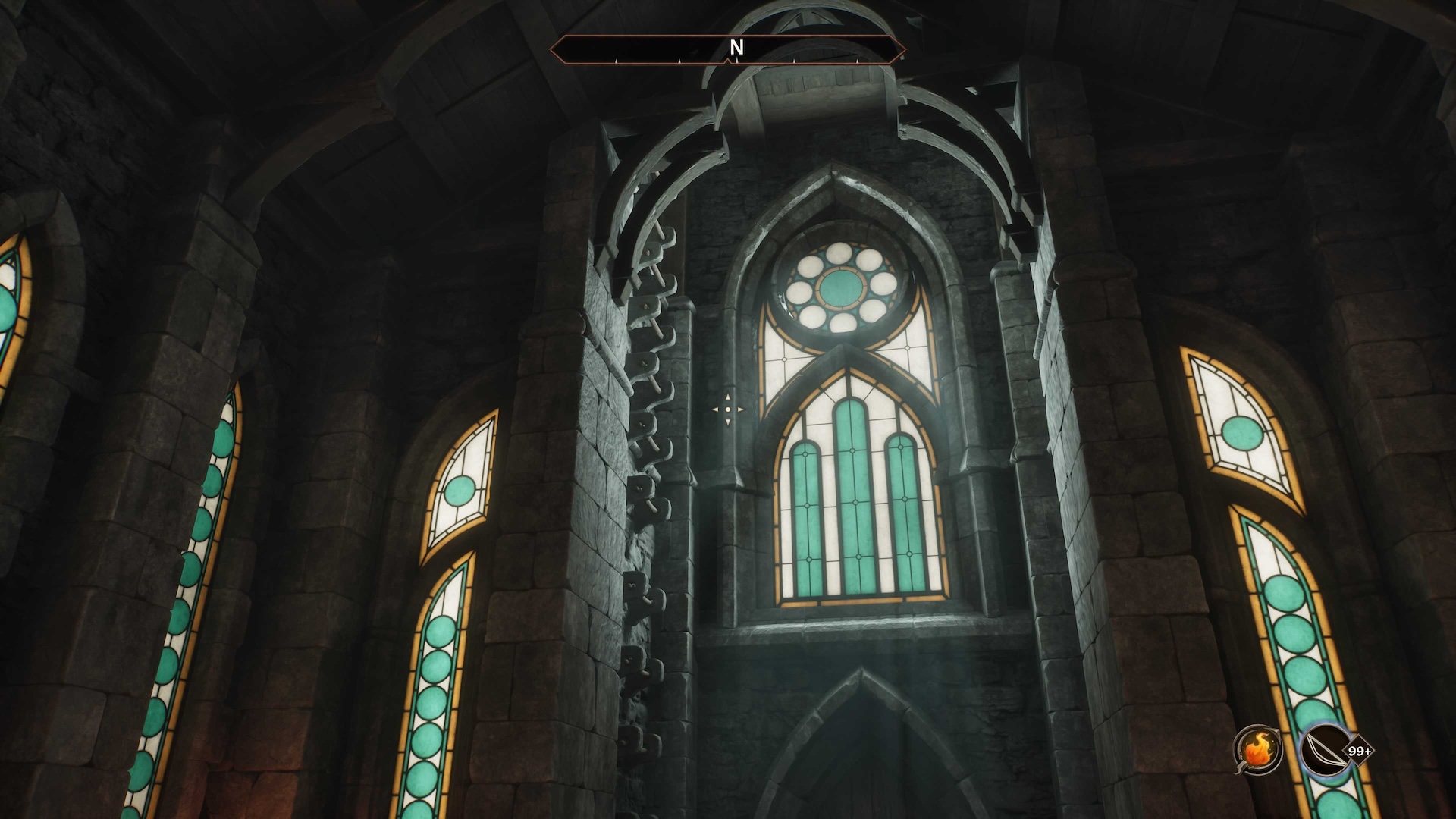
Play it if…
You want to experience Oblivion for the first time
This has been my very first Oblivion experience, and I haven’t been able to put it down. I tend to struggle playing older RPGs, but found this one to be modern enough, and good enough, to ignore some of the dated design.
You’re a fan of colorful, whimsical fantasy like Baldur’s Gate 3 and Fable
Oblivion’s world is much more colorful, varied and silly than the one found in Skyrim or even Fallout 4 or Starfield. It’s more Lord of the Rings than Game of Thrones, with rolling green hills, larger than life characters and a dark but whimsical sense of humor.
There’s a part of you itching for more of what you loved about Skyrim-era Bethesda
While I found something to enjoy in Starfield, Fallout 4, and Fallout 76, I have been itching to recapture the magic I felt playing Skyrim for the first time. Oblivion is Bethesda at its best, warts and all.View Deal
You need something to tide you over until The Elder Scrolls 6 finally comes out
Look, I know you don’t want to hear it, but The Elder Scrolls 6 is likely years off at this point. Still, with Oblivion Remastered being so good, it’s like we’ve gotten a new game anyway. This is plenty to keep you busy until we hear more about what’s next for the series.View Deal
Don’t play it if…
You’re expecting an excellent main story or cinematic cutscenes
Oblivion is quite bare-bones in its presentation, with a main quest that’s solid, but unspectacular when compared to modern RPGs. There’s no sprawling narrative, no lengthy cutscenes, and no real set-pieces. Instead, there are brilliant side quests, character-driven dialogue and choices, as well as a world that’s fun to explore and teeming with things to do.
Accessibility
Oblivion Remastered features expanded accessibility options when compared with the original.
Aim Assist, five difficulty settings, and the option to turn off blood splatter are the only gameplay features on offer.
Sound is broken down into multiple categories that can be tweaked to personalize the experience, and FOV can be changed for both the first and third person viewpoints.
Text size and subtitle text size can be increased, though I found the largest options to be on the smaller size, especially when playing on a TV. There’s full button mapping, meaning the game should be compatible with accessibility controllers like the PlayStation Access.
Overall, this is a pretty standard suite of accessibility features. It would have been nice to see more resources put into further expanding the options, given this is a remaster, with gameplay-specific contrast modes and colorblind options being missing at present.
How I reviewed The Elder Scrolls 4: Oblivion Remastered
I played Oblivion Remastered for 80 hours on the PlayStation 5 Pro. During that time I completed Guild Quests for Fighters Guild, Thieves Guild and The Dark Brotherhood.
I played around half of the campaign, choosing instead to focus on thievery to get myself a house in Anvil, which did end up being haunted. I’m planning to continue playing the game, leveling up my lockpicking, Heavy Armor and Blocking, hoping to set off clearing Forts around the map. I played in Performance Mode throughout, which prioritizes frame rate over graphical resolution.
On PlayStation 5 Pro, I played the game using a 4K LG gaming monitor (LG UltraGear 4K Gaming Monitor 27GR93U). I used a DualSense Edge controller, with the Razer Blackshark V2 gaming headset connected via the controller jack.
Occasionally, I’d move the game onto PlayStation Portal to play on the go. I found Oblivion Remastered to be the perfect PS Portal game, with great presentation and stability throughout.
First reviewed May 2025
